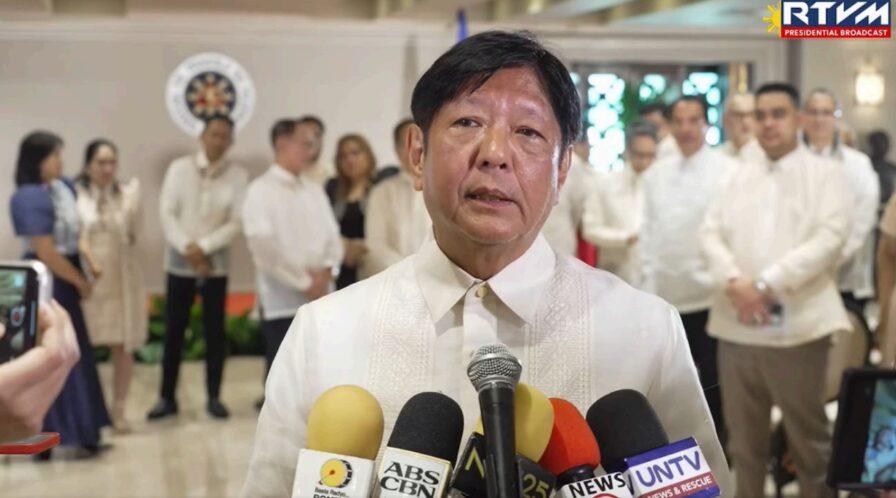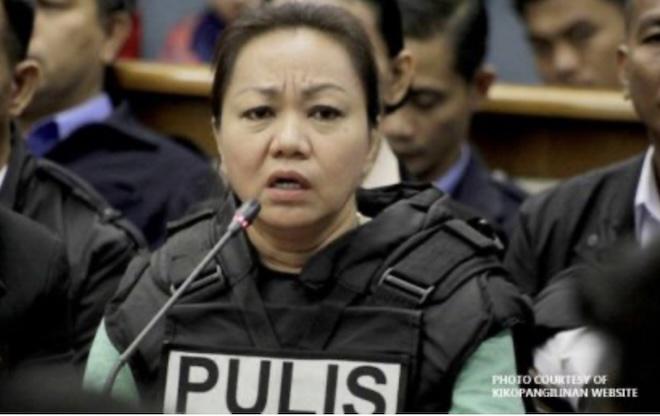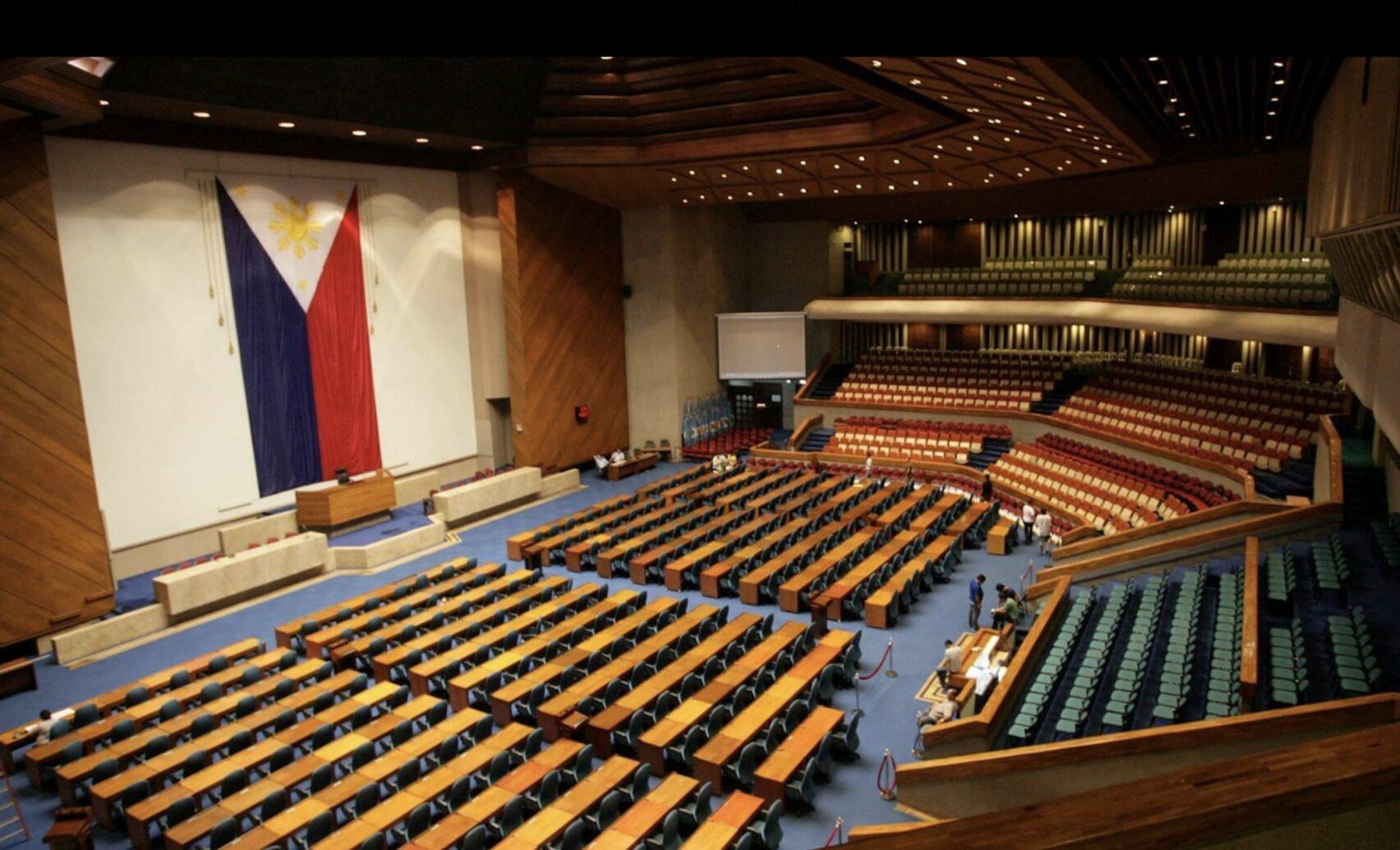MANILA, Philippines – President Ferdinand R. Marcos Jr. on Tuesday, April 8, defended the Philippine National Police (PNP) against allegations of human rights violations during the arrest of Apollo Quiboloy, leader of the Kingdom of Jesus Christ (KOJC), following a high-profile, two-week standoff in Davao City.
Speaking at Malacañan Palace during the oath-taking of new media officers, Marcos emphasized that the PNP acted lawfully in its attempt to enforce an arrest warrant against Quiboloy, who is facing charges including child abuse, human trafficking, and sexual exploitation.
“The only way to maintain peace is to ensure the area is safe and secure,” the President said, referring to the KOJC’s sprawling 30-hectare compound in Davao City. “You cannot do this with just a dozen officers.”
Marcos noted that the police deployed were unarmed and did not use tear gas or firearms. “We did not do anything wrong. All the police who entered were unarmed. So what human rights violation?” he said, rejecting the criticism of “overkill” as politically motivated and untrue.
The Standoff
The arrest operation began on August 24, 2024, after the Department of Justice formally charged Quiboloy and several associates under the Anti-Trafficking in Persons Act and the Special Protection of Children Against Abuse, Exploitation, and Discrimination Act. Reports alleged that girls as young as 12 were subjected to sexual abuse and coercion within the religious sect.
However, the operation encountered fierce resistance. Followers of Quiboloy formed human barricades, blocking law enforcement officers from entering the compound. For two weeks, authorities maintained a high security perimeter while avoiding escalation, amid growing public and media scrutiny.
Fears that Quiboloy might escape through underground tunnels and hidden passages within the KOJC compound added urgency to the situation. The PNP, assisted by the Armed Forces, continued negotiations and psychological operations, eventually resulting in Quiboloy’s voluntary surrender on September 8, 2024.
He was immediately flown to Manila and placed in police custody.
Charges in the Philippines and the U.S.
Aside from local charges, Quiboloy is also under indictment in the United States, where a federal grand jury in 2021 charged him with sex trafficking, fraud, and coercion.
According to the U.S. Department of Justice, Quiboloy and his associates allegedly recruited young women and girls under false religious pretenses, subjecting them to forced labor and sexual abuse. He is currently listed on the FBI’s Most Wanted list.
Quiboloy denies all allegations, claiming he is the victim of religious persecution.
Human Rights Oversight and Public Debate
The Commission on Human Rights (CHR) has been monitoring the situation, citing concerns over potential rights violations involving both law enforcement and KOJC members. While no official ruling has been made, the CHR has urged maximum tolerance from authorities and the protection of the rights of all parties involved.
Human rights advocates and some opposition figures questioned the scale of the police deployment, calling it excessive and intimidating. However, President Marcos firmly rejected this characterization, reiterating that the state has a duty to enforce the law, especially in cases involving vulnerable populations.
No Special Treatment
President Marcos emphasized that Quiboloy will not receive any special treatment and will be afforded due process under the law. “No one is above the law,” he said. “This is not about religion. This is about justice.”
The Quiboloy case continues to be one of the most watched legal sagas in the country, with both local and international observers tracking the developments.
As the legal process unfolds, it raises deeper questions about religious power, legal accountability, and the strength of democratic institutions in the Philippines.






